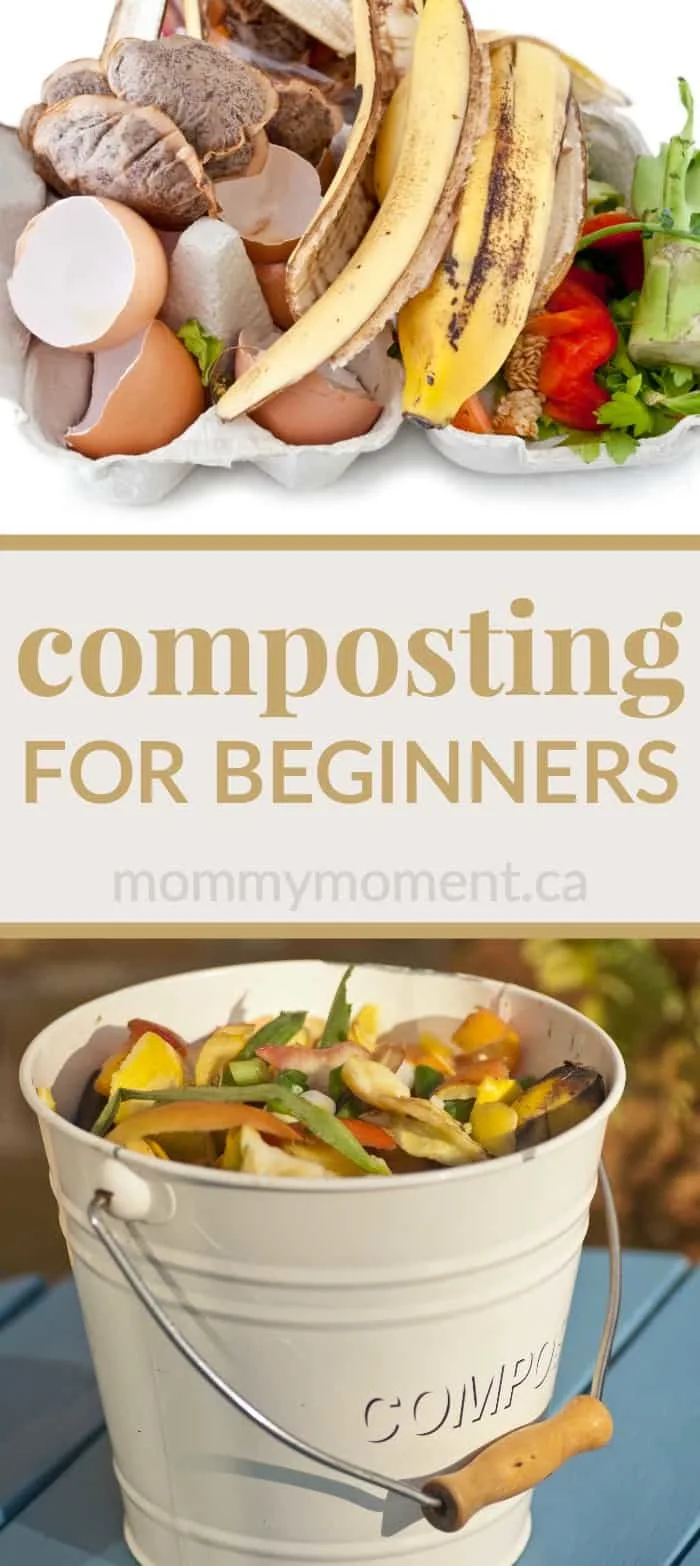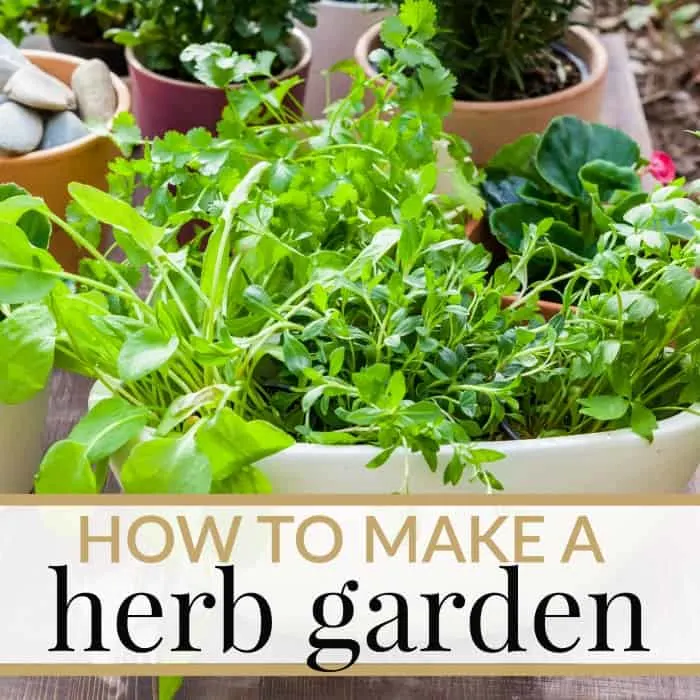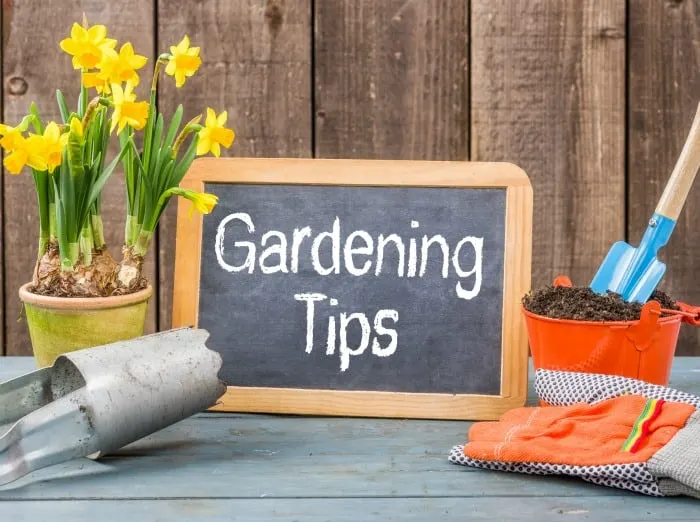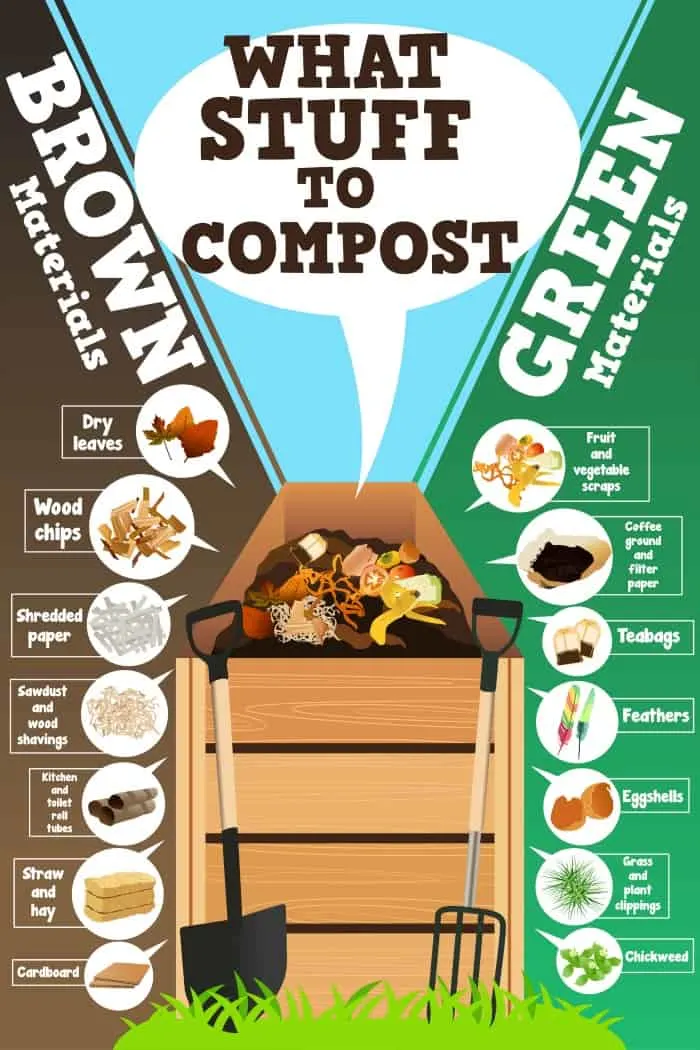Composting for Beginners – Compost is a natural nutrient-rich soil that anyone, even beginners, can make.
Compost can be made from your kitchen leftovers, grass clippings, dead leaves, branches, wood chips, water, and oxygen.
It can be made in any container or even a pile designated as your compost pile.
There are a few things every compost beginner needs to know and do to ensure you have your recycled and valuable mineral laden soil for your garden.

COMPOSTING FOR BEGINNERS
YOU NEED TO KNOW THE MIXTURE
The mixture of compost is green material (kitchen leftovers like fruits and vegetable remnants or peels, and grass clippings), brown material (leaves, branches, tea bags, dryer lint, etc.), water and oxygen.
You can start your compost by layering the materials or just mix them all together. You will need more brown material than green.
IT IS IMPORTANT TO ROTATE OR MIX THE COMPOST EVERY FEW DAYS
Rotating it is a very important component of composting because it ensures that oxygen is introduced to all areas of your compost.
The bacterium that primarily breaks down the compost is aerobic, meaning it needs oxygen. Rotating your compost will help accelerate the breakdown process.
CHOOSE A CONTAINER OR AREA THAT IS EASY FOR YOU TO ACCES
It is important for you to access your compost container or pile because you need to make sure it is moist enough.
It needs to be moist but not overly wet if it is too dry pour some water and green materials to moisten it. If it is too wet add some brown materials and mix or rotate it.
I prefer a compost pile outside, but during the cold winter months, I do not feel like running outside every time I have something to compost.
Getting an indoor compost bin with a lid is a great alternative – this way you only need to venture outside once the bin is full! With bio-degradable compost bags, you can use an existing container you already have.
Composting is a great way to recycle materials while giving you the benefit of free, usable, nutrient-rich material for your garden.
It doesn’t require a lot and is a natural process that occurs when organic material decays and is amazing to help your plants and flowers grow.
These books on composting have even more helpful tips:
Let it Rot! The Gardener’s Guide to Composting
Compost Everything: The Good Guide to Extreme Composting
You may also like this COMPOST THIS, NOT THAT post that gives you a list of things to compost and those to avoid:

You may also like these posts on Mommy Moment:
HOW TO MAKE YOUR OWN HERB GARDEN.

Image via Shutterstock
TIPS FOR KIDS CONTAINER GARDENING:

image via Shutterstock

Photo via Shutterstock
This post contains affiliate links for your shopping convenience.


Debra
Saturday 17th of February 2018
I started a compost in a trash can. Is it suppose to have so many flies? I mean we are talking like A LOT!
Jody @ Mommy Moment
Tuesday 20th of February 2018
I have never had my compost in a trash can but I can suggest that you make sure you have enough brown materials, the lid on and be sure to mix it often. Hope that helps.
Munny
Tuesday 7th of March 2017
I ❤️ This article as it helps to do something with my compost pit
Bet good information
Allen Halfhill
Monday 6th of March 2017
What about adding manure from my friend, the local dairy farmer?
Seha Rosle
Monday 27th of February 2017
Do compost always have worms or maggots?
Jody @ Mommy Moment
Sunday 5th of March 2017
If you make sure your outdoor compost has good ventilation with a screen you should not have to worry about maggots. You want to keep the flies out. Worms are good for composting. Hope that helps.
marwa
Tuesday 24th of January 2017
I have a small apartment. can I cover the container?
Jody @ Mommy Moment
Tuesday 24th of January 2017
Yes, Like I mentioned, getting an indoor compost bin with a lid is a great alternative if you can not get outside easily. Good luck.